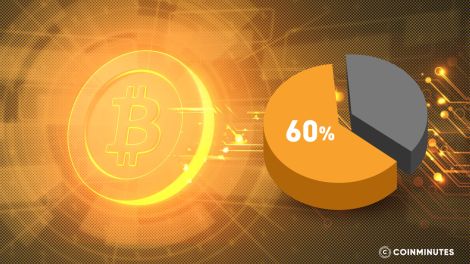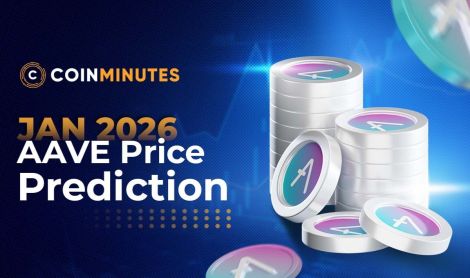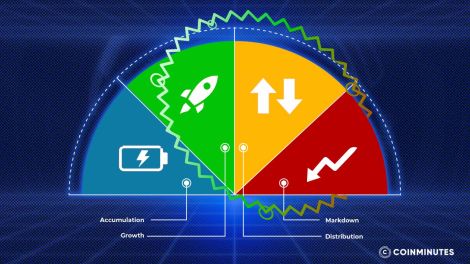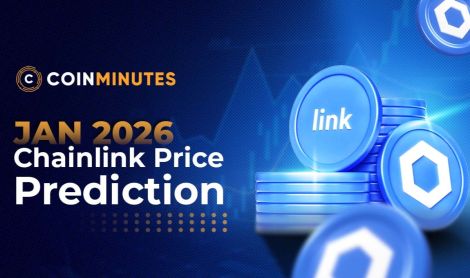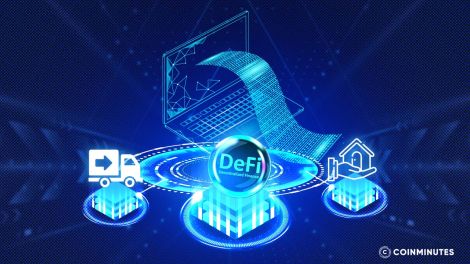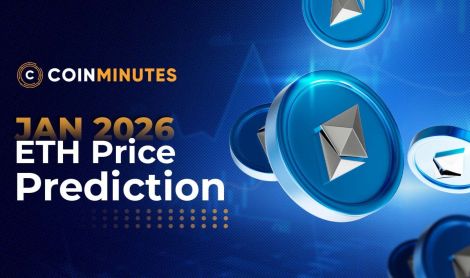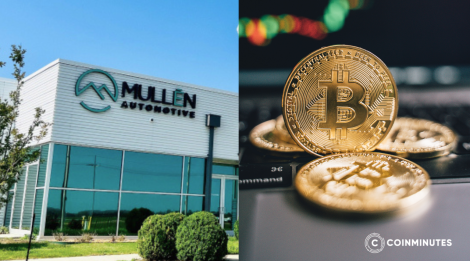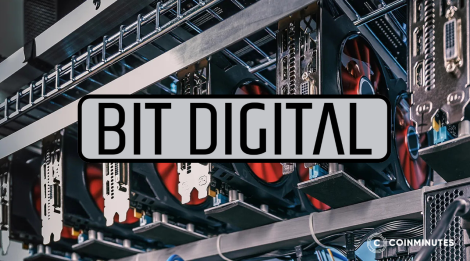Ethereum Creator Sounds Alarm: World ID System Threatens to Kill Internet Anonymity
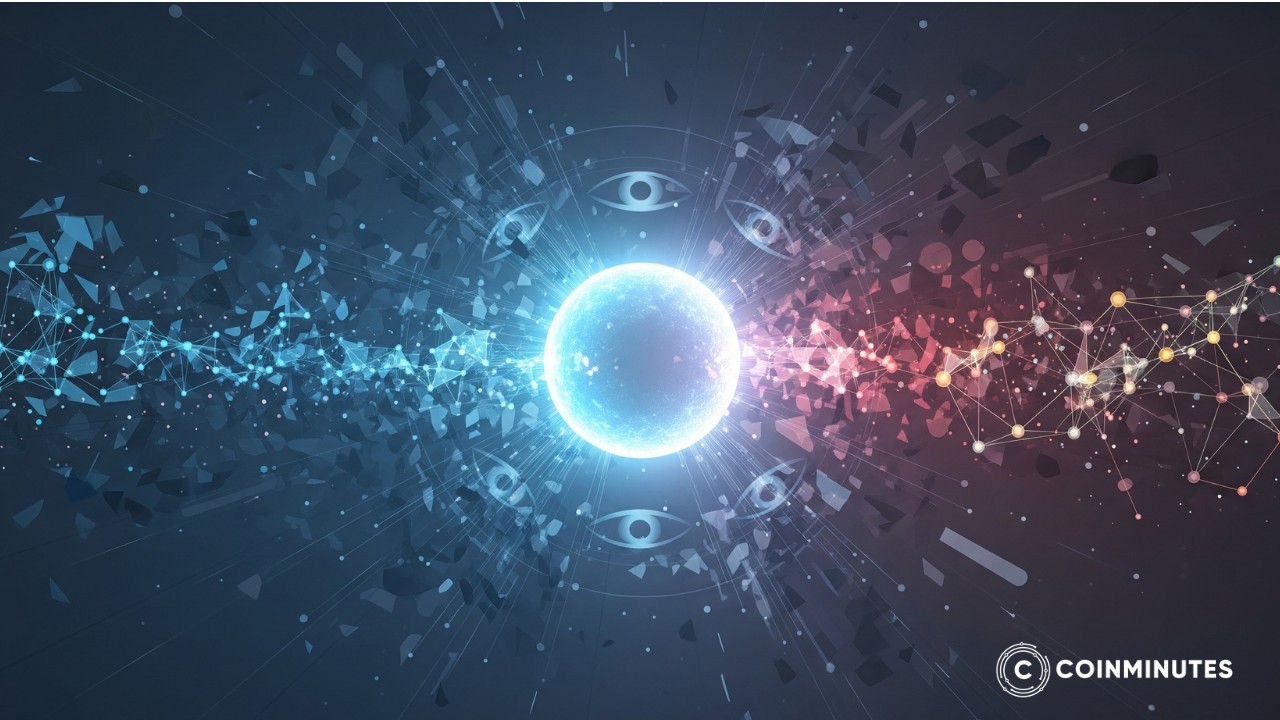
Your Multiple Online Lives Are Under Threat
The ability to be different people in different contexts is fundamental to how we use the internet.
Buterin's recently published analysis targets platforms like World, which has already collected iris scans from 10 million people. These "one person, one ID" systems don't just threaten your privacy—they completely transform how you exist in digital spaces.
"Even when wrapped in Zero-Knowledge Proofs, we're still moving closer to a world where nearly all your activities must be linked to a single public identity," warns Buterin.
This strikes directly at internet culture's heart. The freedom to maintain separate identities. The choice of when to reveal yourself. The right to remain anonymous when needed.
And why should anyone get to decide your digital identity strategy for you?
The stark contrast with other governance approaches is telling. While projects like WLFI enable pseudonymous participation through transferable tokens, World demands your actual eyeball in exchange for digital existence.
Which system would you rather trust with your online life?
Zero-Knowledge Proofs: Impressive But Insufficient
You've probably seen "Zero-Knowledge Proofs" mentioned in crypto articles. But what the heck are they, really?
At their core, Zero-Knowledge Proofs are like showing a bouncer your ID through a magical filter. The bouncer can verify you're old enough to enter without seeing your birth date, address, or even your name.
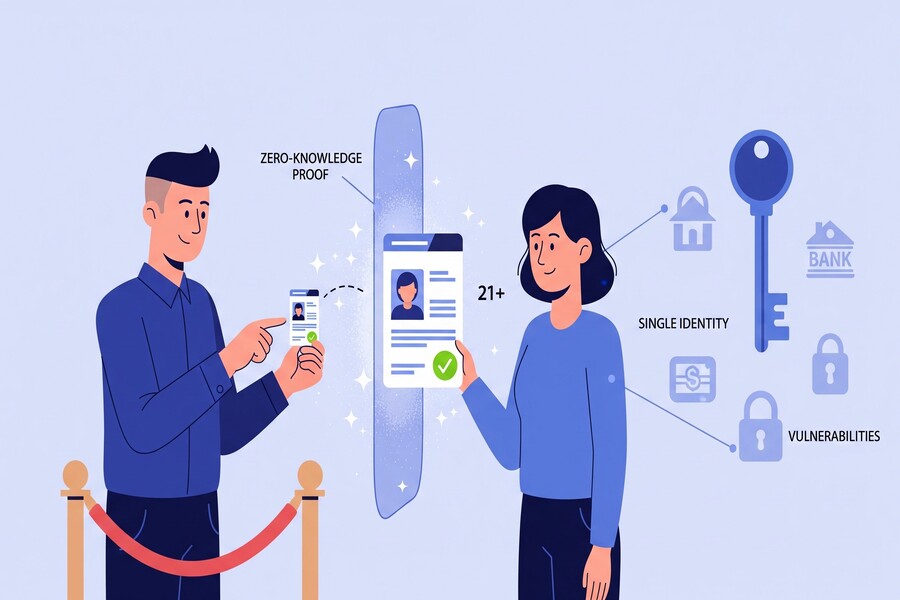
Verifying age with zero-knowledge proof
Pretty cool technology. But Buterin isn't impressed enough.
Despite World's heavy promotion of these privacy technologies, he argues they miss the fundamental problem: everything you do still links back to a single identity.
"A single identity represents a single point of vulnerability," Buterin cautions.
Think of it like having one master key to every lock in your life. No matter how advanced the key's technology, losing it means losing everything.
Three Dystopian Scenarios That Could Actually Happen
Buterin outlines several frighteningly plausible futures that should alarm anyone who values digital freedom.
Political monitoring comes first. When all your digital activities connect to one identity, governments gain unprecedented surveillance power. Dissent becomes dangerous. Privacy vanishes.
Next, AI surveillance systems advance at breakneck speed. With behavioral tracking technology improving monthly, your personal data gets collected, analyzed, and potentially controlled in real-time.
Your digital shadow becomes impossible to escape.
Finally, forced disclosure becomes standard practice. Single-identity systems enable governments, employers, or platforms to demand you connect all your accounts or reveal your complete digital history.
Imagine being required to link every comment, like, and transaction to your legal identity before applying for a job or traveling internationally.
This isn't paranoid speculation. It's the logical endpoint of current trends.
World's Relentless Global Expansion
While Buterin raises red flags, World accelerates its growth strategy.
In the United States alone, World has established operations in six major cities: San Francisco, Los Angeles, Miami, Atlanta, Nashville, and Austin. After securing $135 million in fresh funding, the project aims to scan the irises of over 180 million Americans.
They're not stopping at identity verification, either.
World is currently testing a Visa card called World Card, scheduled for U.S. launch this year. This financial product will enable users to convert WLD tokens to dollars, featuring integrations with Stripe, Circle, and Kalshi.
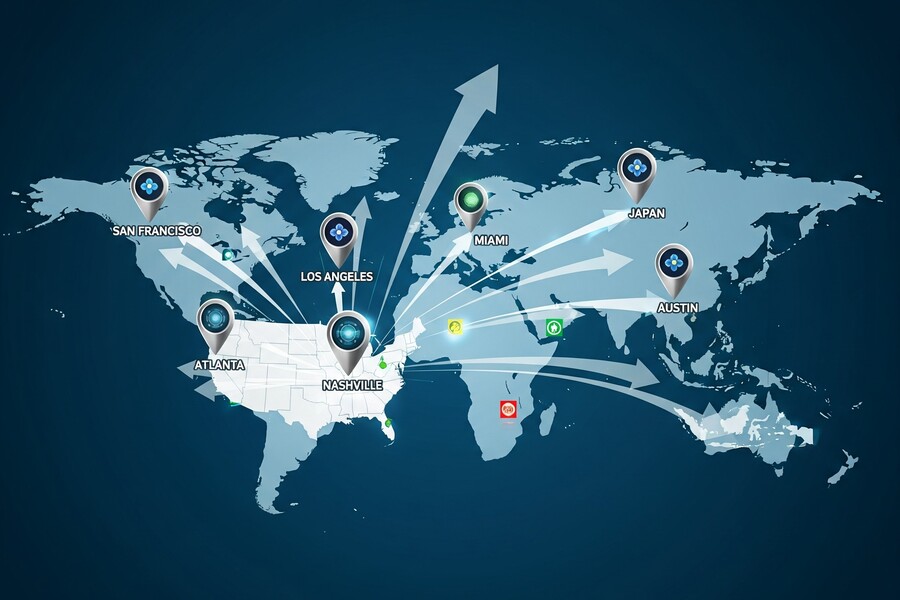
Worldcoin's global expansion
Need evidence of their mainstream ambitions? Look at their partnership with Tinder Japan—making it the first major dating platform to implement national-scale biometric verification.
The gaming community isn't exempt either. World's collaboration with Razer on "League of Humans" merges gaming with identity verification, targeting another massive audience segment.
For developing regions facing infrastructure challenges, World introduced Orb Mini—a compact iris scanner designed specifically for the Global South.
Yet despite this aggressive expansion, WLD token prices remain underwhelming at approximately $0.92—well below critical resistance levels.
The Alternative: Digital Identity Without the Handcuffs
Buterin isn't against digital identity entirely. He's actually spent years researching better solutions.
What he rejects is World's approach becoming the default standard.
Instead, he champions a diverse identity ecosystem where you choose from various verification methods based on your specific needs—social connections, government ID, email verification, biometrics, crypto wallets, or other proof-of-personhood systems.
The essential principle? Your choice. Your control.
You should decide what information to reveal, when to reveal it, and in what context. No single platform should dictate how you manage your digital presence.
This philosophy aligns with token-based governance systems that enable participation without biometric requirements—giving you authority over your digital existence rather than demanding biological submissions.
What's Really at Stake: Your Digital Autonomy
As World expands globally and similar systems proliferate, Buterin's warning deserves serious consideration from anyone who values online privacy.
The decisions we make now about digital identity will define the internet for generations. Once your biometric data enters centralized databases, you can never truly get it back.
And the consequences extend beyond privacy. They touch democratic participation, free expression, and personal autonomy in digital spaces.
So ask yourself: Do you want an internet where everything you do connects to a single, permanent identity? Or one where you maintain control over your digital footprint?
Buterin has staked his position clearly. The question is whether enough people will understand what's at risk before our anonymous internet vanishes completely.
What kind of digital future are you willing to accept?
 English
English
 Vietnamese
Vietnamese

